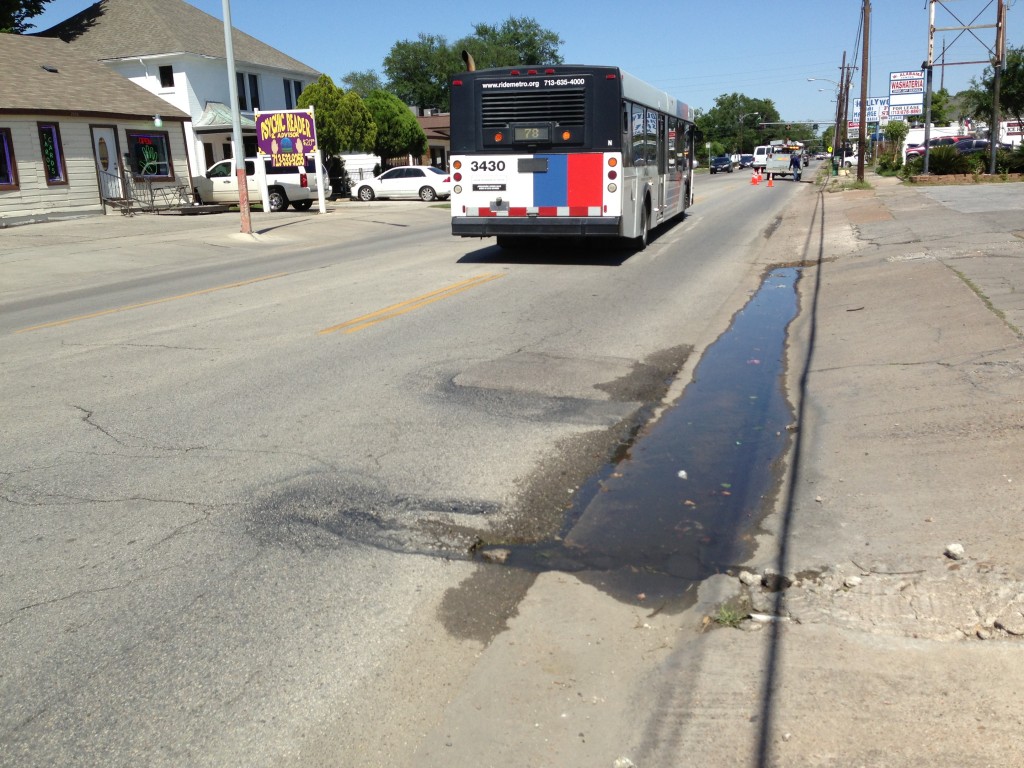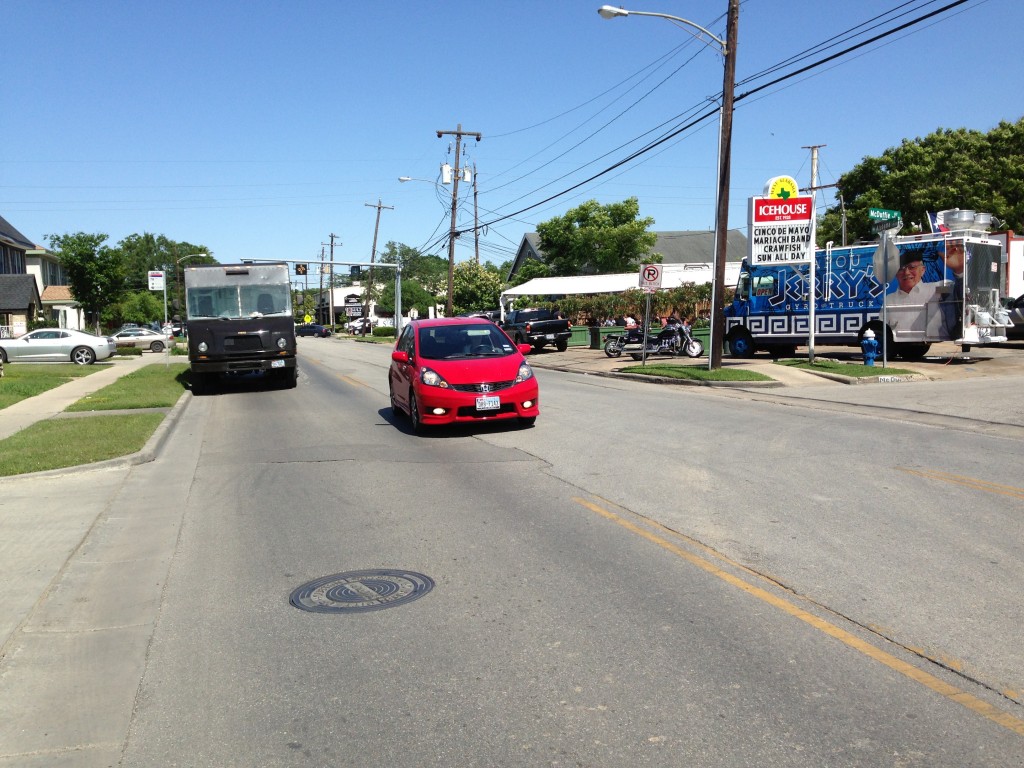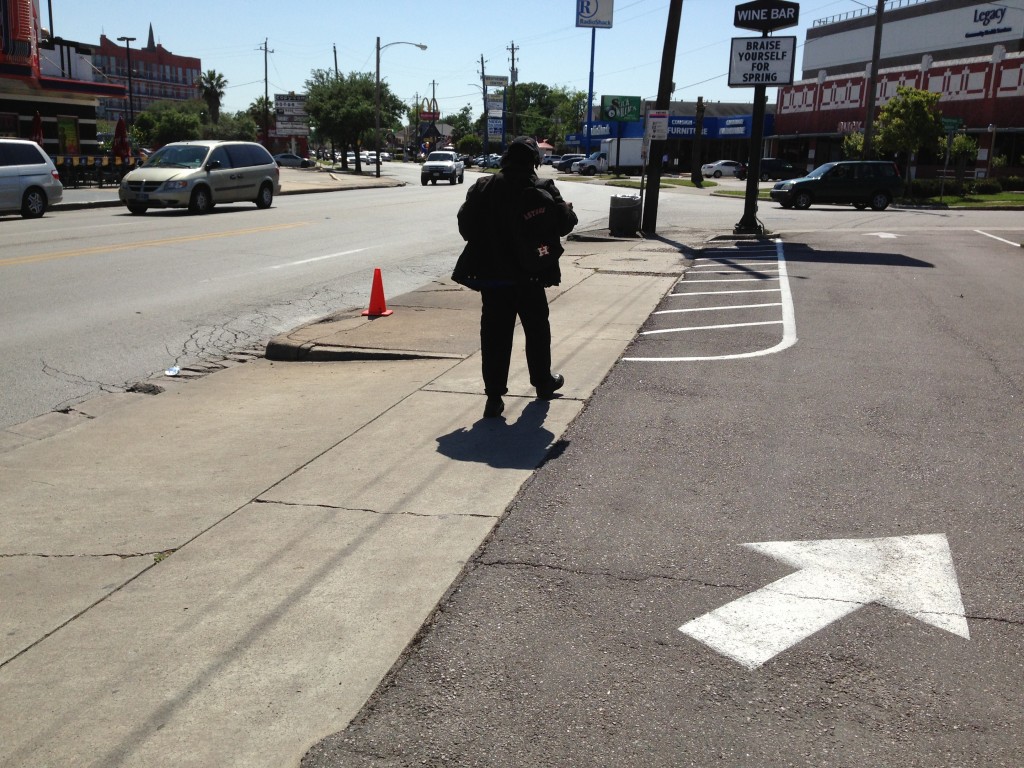Streets of Montrose: Why 3-1-1 is not like ‘American Idol’
3-1-1 is what we’ve been urged to call (or write or use the mobile app) to help the city understand the importance of citizen engagement in keeping our streets safe for pedestrians, drivers and bicyclists. Yet how such ‘requests for service’ result in actual work remains a mystery. While residents heard the results of this year’s CIP funding at a series of recent district meetings (see the map at http://www.rebuildhouston.org/images/pdf/street_assessment_map.pdf), we’ve been encouraged to consider “what have we missed?” Asking the question suggests that there may be some doubt regarding the efficacy of the system in place. But if things have been missed, how might they be re-considered or inserted in the process for future funding? If 3-1-1 is truly the tool for citizen involvement and appeal for things left out, how can this process add to the existing system without becoming a popularity contest?

Rebuild Houston leaders explain that the program is not like ‘American Idol.’ It would do no good for a neighborhood to organize a massive social media campaign to highlight an area unaddressed by the process. The system cannot be gamed in that way. Instead, we’re told, the process is based on a scientific methodology that utilizes a “worst first” analysis of our drainage system and roadways. There is a vehicle that has driven and surveyed every linear mile of our streets in Houston, and that van is underway on its second round of data collection, enhancing the information that’s already been collected and digested by the system. We’re also told that when the data is crunched by the current computational methods, that the algorithms involved can be counted on to produce trustworthy results. So perhaps this is why some of us in Montrose raise an eyebrow and feel concerned that there might be something amiss with the process.

Consultants to the Montrose Management District at Walter P. Moore and Associates have produced an independent report documenting the condition and quality of the public rights-of-way within our community. The apparent discrepancy between their prioritization of needy projects with those produced by the city’s analysis raise several important questions about how these differences might be reconciled within the city’s Rebuild Houston program. As a public entity, the MMD has published the WPM study on this website, has presented the report to the Departments of Planning and Development, Public Works & Engineering, and to Houston City Council. Highlights of the document were also presented at the local CIP meeting for this district in March. What remains is a response from the City of Houston, who so far has been quiet regarding the additional problem areas provided for consideration at the public meeting. Will there be any re-shuffling of priorities, or reconsideration of the prevailing wisdom that’s resulted in the current list? So far those questions remain unaddressed.

Next Month: Scrutinizing the RH – Process Manual.

